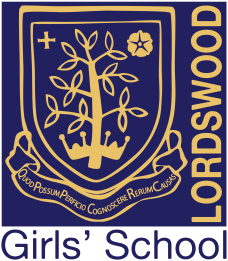Exam board
AQA
Specification
Click here
What is the qualification?
One full GCSE awarded at grades 9 – 1.
What will students be doing on the course? How will it be structured?
This course allows students to explore and experiment with a wide range of photographic techniques and digital media. Students will be given two coursework project themes over the two years for which they will have to produce a portfolio and final piece. During the course students will be shown how to use digital cameras, different lens settings, studio lighting, the darkroom and computer software including Photoshop. They will then be able to choose which method or combination of methods to use to produce their final pieces. All of the work produced for these projects will be submitted in a coursework portfolio which equates to 60% of the overall mark. In addition to this portfolio, students are also given a selection of questions/ themes that have been written by the examination board. Students will have a set number of weeks to produce a portfolio based on their chosen question/ theme and then a ten hour examination during which they will have to make the final piece. The examination unit will make up the other 40% of the overall grade.
Assessment
Year 10 Summer Term
Project 1 deadline, to be assessed as part of Unit 1
Year 11 Autumn Term
Project 2 deadline, to be assessed as part of Unit 1
Year 11 Spring Term
Examination paper (Unit 2) preparatory period plus 10 hour examination time
What skills do students need to develop to be successful at this course?
Students need to be extremely creative and the more ideas they have the better. Students also need to be willing to try using techniques and media that they find more challenging or with which they are unfamiliar. We will teach students how to improve photographic skills during lessons but they may be required to come after school to practise using the darkroom. Students will be taught how to use digital cameras and Photoshop software on the PCs. This is something that students will need to become confident using by practising. Students need to be able to manage their time well because photography can be time consuming and requires careful planning. They need to be able to research artists and designers using the internet, books and by going to exhibitions. Students will also have to develop an analytical writing style and be able to show that they think carefully about imagery rather than take it at face value.
What could this qualification be used for?
This qualification will allow students to go on and study an art based course at Post 16. It will also help enhance research skills, analytical skills, independent and creative thinking skills and time management skills – all of which are very useful whatever courses they go on to study. Careers in photography include: fashion photographer, wedding photographer, teacher, graphic designer, forensic photographer and many more.
